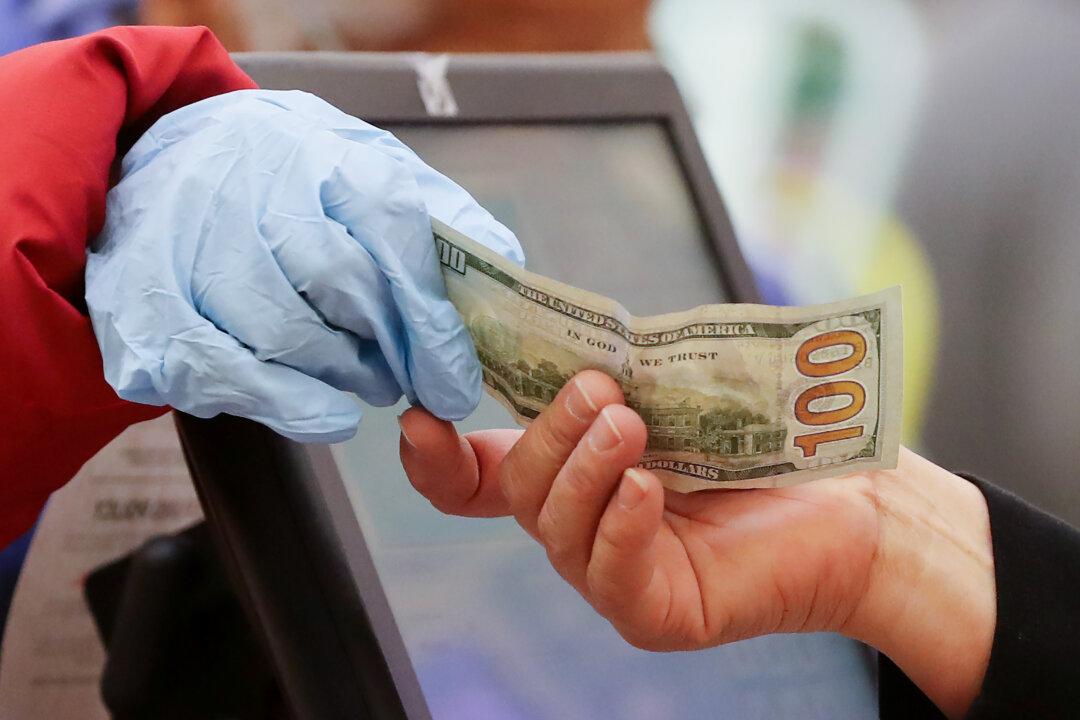House Democrats on March 23 unveiled a $2.5 trillion emergency bill in response to the package under negotiation by the Senate that aims to stem some of the economic toll of the CCP virus pandemic.
The 1,400-page proposal, released Monday evening, offers each taxpayer in a household $1,500—or $3,000 for joint returns—and $1,500 for each child, with a maximum payment of $7,500 for a family of five under the “Take Responsibility for Workers and Families Act.”





